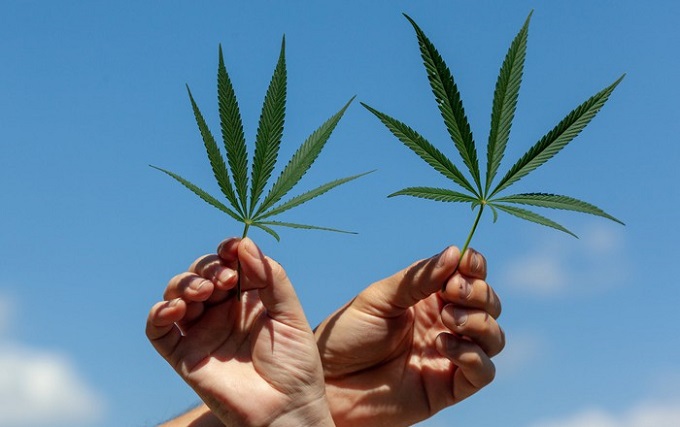Marijuana (Cannabis sativa) is a herbaceous flowering plant that originated in Asia but is now widely grown worldwide—traditionally used for fiber, seed oil, food, recreational use, and medicinal purposes.
Treatment of epilepsy has gone through a lot of research and many drugs manufactured. Medical marijuana used for epilepsy treatment is becoming more common, especially with many patients becoming drug-resistant or the efficiency of the medicines in the market becoming less effective, resulting in further research on the use of marijuana as a treatment for epilepsy patients.
Epilepsy and the ban on Marijuana
Scientists and doctors are very cautious when it comes to marijuana as a treatment for Epilepsy due to the components in the plant. Governments banning the use of marijuana has slowed down the research. Researchers must have a special license to study marijuana from the government Drug Enforcement officials.
The ban of marijuana in some countries is due to the mind-altering chemical component tetrahydrocannabinol (THC), which causes the “high” associated with marijuana. However, with research and technological advances, scientists are studying how to separate these elements from the other component of Cannabidiol (CBD), which is the plant’s primary medicinal compound.
This research and development is a significant leap in the treatment of epilepsy which leads to some governments licensing marijuana as a medicinal treatment. Marijuana is now an essential component in Epilepsy treatment, especially for patients who are drug-resistant to the medical already in the market.
Drawbacks of Medical Marijuana
There are significant reasons why some governments have banned marijuana in their counties. Below are some of the disadvantages of medical Marijuana used for epilepsy treatment.
Loss of memory: use of marijuana has some side effects. One that affects epilepsy patients especially is loss of memory—leading to forgetting to take your medication which will bring more adverse conditions and return of frequent seizures.
Overdose: When taking marijuana, it is not measured in capsules to guide 9n the quantity like other medicine. You are likely to take too much, especially if ingested in food. Large doses will cause adverse reactions like acute psychosis, i.e., hallucination, delusion, anxiety, paranoia.
Addition: Marijuana use can lead to addiction over a long period of use or if you start taking it at an early age (before 18 years). The rapid absorption into the blood and int brain also causes various experiences that may be unfavorable to the patient. Patients can have heightened senses, laughter, or severe hunger sometimes.
The administration of marijuana affects its effectiveness in treating epilepsy. Some people smoke it as hand-rolled cigarettes (joint), pipes, or cigars. For medical purposes, it is best if taken as food like cookies, candies, or brewed in teas, so absorption into the blood is not too quick.
Conclusion
Many epilepsy patients say marijuana helps reduce or even stops their seizures. These have made Medical marijuana used for epilepsy a subject that is discussed in government policies as well as at home while treating ourselves or loved ones who are suffering from epilepsy seizures. It is a delicate balance between its benefits and the drawbacks of using the treatment if advised by your doctor and tested not to be predisposed to other conditions.
